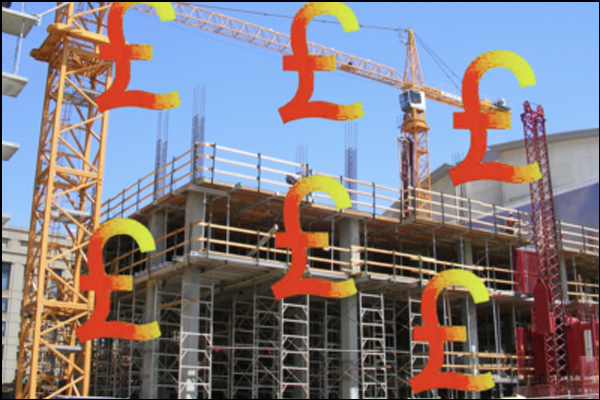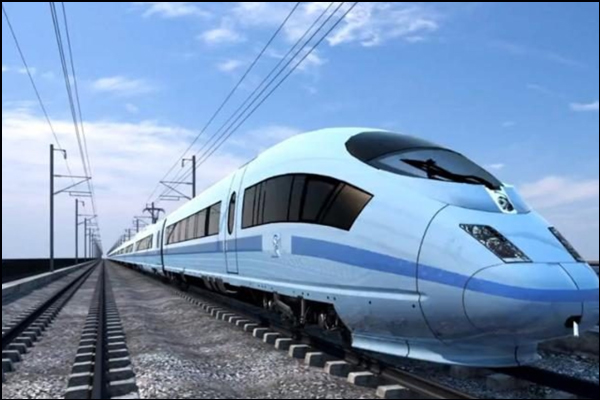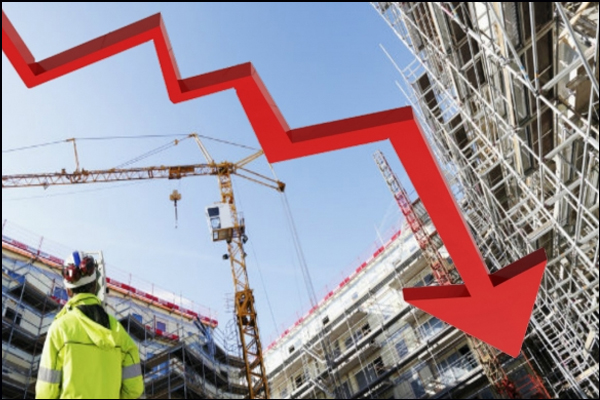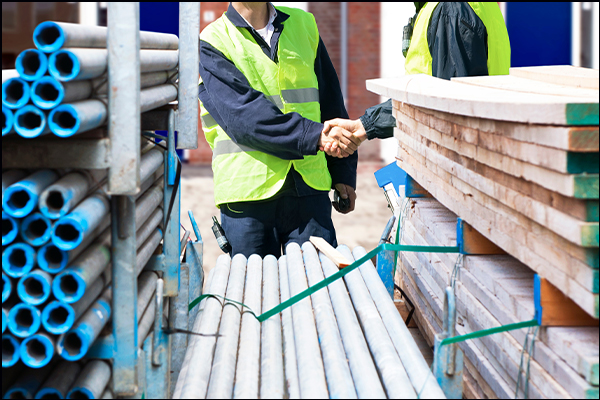 Government pushes ahead with £3bn building safety levy
Government pushes ahead with £3bn building safety levyThe Government has set out details of how it plans to charge developers to fix unsafe buildings as it prepares to impose the Building Safety Levy.
The Department for Levelling Up, Housing and Communities has started consulting development on the plans, which will see £3bn collected over the next 10 years.
Under the proposal’s developers of residential buildings, regardless of their height, will have to pay the levy contribution as part of the building control process.
 Big infrastructure projects spared the treasury axe
Big infrastructure projects spared the treasury axeChancellor Jeremy Hunt committed to completing HS2 to Manchester in his Autumn Statement.
Hunt also the “core network” of the Northern Powerhouse Rail project and the East West Rail scheme will go ahead as planned alongside construction of a £20bn nuclear power station at Sizewell C in Suffolk.
Plans for the second round of The Levelling Up Fund were also confirmed, with at least £1.7bn to be allocated to priority local infrastructure projects around the UK before the end of the year.
 British Land sees construction cost inflation easing
British Land sees construction cost inflation easingBritish Land is predicting construction cost inflation will ease to a maximum 4-5% next year as subcontractor rate rises start to soften as some projects are delayed or cancelled.
The developer said inflation is still running at 8-10% this year.
But it added: “There is a possibility that inflation next year is lower than our forecast with early signs construction capacity is increasing as development projects are deferred or cancelled and tender prices for demolition works are stabilising.”
 Material lead times back to pre-pandemic levels
Material lead times back to pre-pandemic levelsOverall availability of building materials and products is now returning to pre-pandemic levels last seen at the end of 2019.
Inflationary pressures rather than availability now present the main challenges for energy-intensive products such as glass, concrete, cement, PIR, plasterboard and bricks.
Easing pressure on volumes was reported in the latest Builders Merchants Federation member returns for the third quarter. This shows volume sales were -6.8% down compared to the third quarter in pre-pandemic 2019 while prices were up 32.4%.